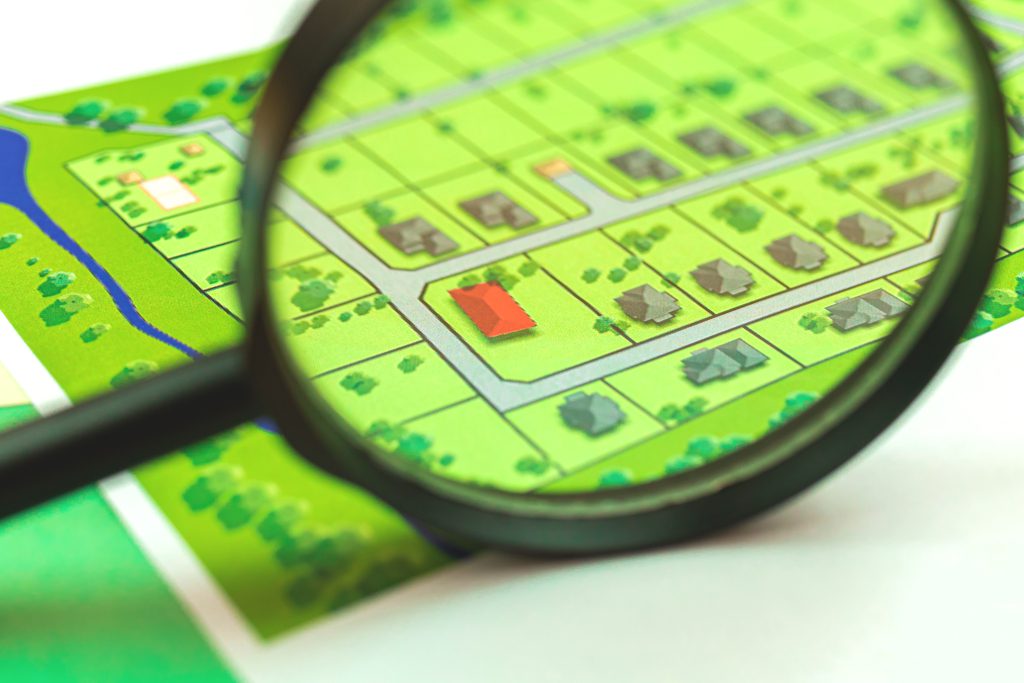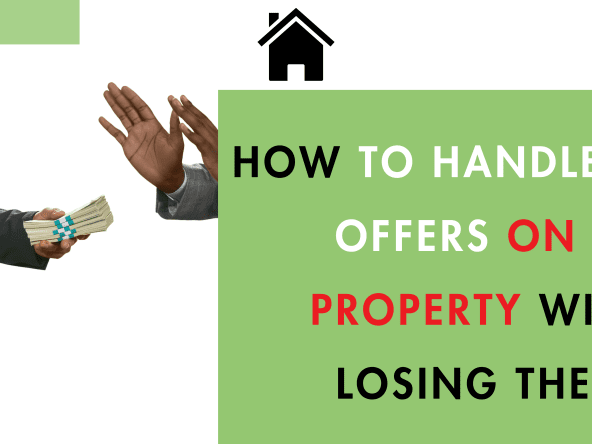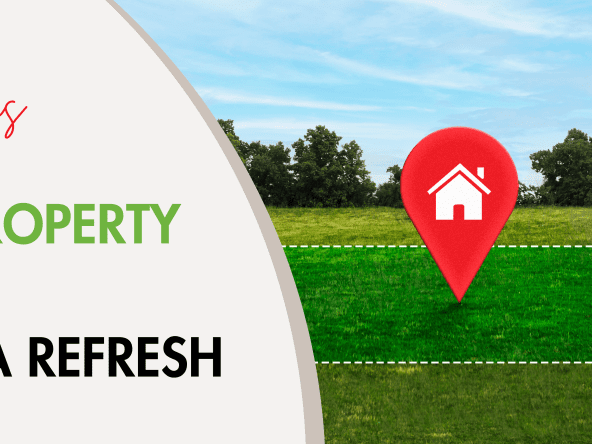Imagine this—you’re finally ready to sell your land. You put it on Propcart by Username, feeling confident about your price. Days turn into weeks, and still, no serious buyers. Or worse, you get flooded with lowball offers. What went wrong? Pricing land isn’t as straightforward as slapping a number on it and hoping for the best. The right price is a mix of strategy, research, and understanding the market. Let’s break it down.
Start With Market Research
Before deciding on a price, step into a buyer’s shoes. What are similar plots selling for in your area? How long do they stay on the market? Browse listings on Propcart by Username, talk to real estate professionals, and check local sale records. You don’t have to guess—let the market guide you.

Location Determines Value
Not all land is created equal. A plot along a major road will attract a different price than one deep in the countryside. Proximity to towns, infrastructure, and amenities like schools and hospitals can drive up value. Even within the same town, a difference of just a few kilometers can impact pricing significantly.
What Can the Land Be Used For?
Buyers don’t just see land—they see potential. Is your land zoned for commercial, residential, or agricultural use? If it has access to water, electricity, and a good road network, you can price it higher. On the other hand, a landlocked piece without clear access may need to be priced lower to attract interest. Understanding what buyers can do with the land helps you justify your asking price.
Market Conditions Matter
Is it a seller’s market or a buyer’s market? When demand is high, you have the power to price slightly above average. If the market is slow, pricing aggressively might be the only way to attract serious buyers. Look at current trends—are investors buying land in your area? Are prices generally rising or falling? Timing your sale strategically could make a huge difference.
Avoid Overpricing—It Backfires
It’s tempting to aim high and hope for negotiations to bring the price down to a reasonable level. But overpricing can drive buyers away before they even reach the negotiation table. A property that sits unsold for months starts raising red flags. If buyers see your land listed for too long, they may assume something is wrong with it. A well-priced property attracts genuine buyers quickly.
Consider Professional Valuation
If you’re unsure about pricing, bring in an expert. A property valuer will assess the land’s location, size, zoning, and potential use to give you a realistic price range. This can be helpful, especially if your land has unique features that might justify a higher price than comparable listings. A professional valuation also helps you stand firm during negotiations.
Be Open to Negotiation
Most buyers expect a little back-and-forth. List at a fair price but leave room for reasonable offers. If a buyer feels like they’re getting a good deal, they’re more likely to close quickly. However, don’t undervalue your land just to sell fast—find a middle ground between attracting buyers and getting your money’s worth. On Propcart by Username, being flexible with pricing can generate more interest in your listing.

Final Thoughts
Pricing land isn’t just about picking a number—it’s a strategic decision that requires market awareness, research, and understanding buyer psychology. Take your time, compare listings, and don’t be afraid to adjust if necessary. The right price ensures your land doesn’t sit unsold while still giving you the best possible return. When you’re ready, list your land on Propcart by Username and connect with serious buyers. With the right price, the right platform, and a little patience, you’ll close a successful deal in no time.



